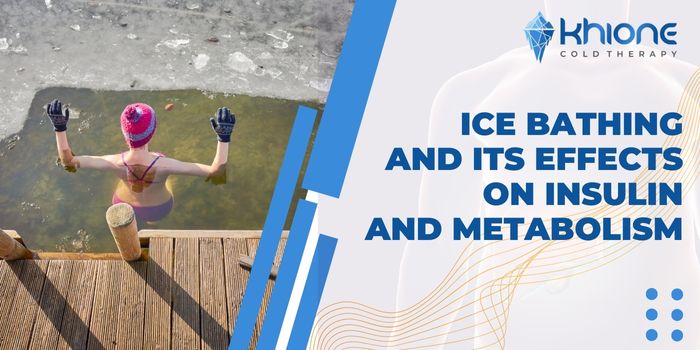Cold therapy, such as exposure to cold temperatures through ice baths or other means, may have an impact on insulin sensitivity and glucose metabolism.
Insulin is a hormone produced by the pancreas that regulates glucose metabolism and helps control blood sugar levels. Insulin sensitivity refers to the ability of cells to respond to insulin and use glucose for energy.
Studies have shown that exposure to cold temperatures can increase insulin sensitivity and improve glucose metabolism. The cold stressor triggers the release of stress hormones, such as adrenaline, which can stimulate glucose uptake by muscle cells and improve insulin sensitivity. Additionally, cold therapy may increase the production of brown adipose tissue, which is responsible for burning energy and producing heat. This increased energy expenditure can improve glucose metabolism and insulin sensitivity.
However, it’s important to note that the effects of cold therapy on insulin sensitivity and glucose metabolism may vary from person to person and may be influenced by individual factors such as physical condition, age, and overall health. Before engaging in cold therapy, it’s important to consult with a healthcare professional to ensure that it is safe and appropriate for you.
In conclusion, cold therapy may have an impact on insulin sensitivity and glucose metabolism, with some studies suggesting that exposure to cold temperatures can increase insulin sensitivity and improve glucose metabolism. However, it’s important to be cautious and seek professional advice before engaging in cold therapy to ensure that it is safe and appropriate for you.





